A Cultural Examination of Time and Patience: Morocco vs. America
Not too long ago, I found myself questioning my purpose (click here to read about my purpose) in Morocco. A few plans that had not gone the way I envisioned them to caused me to think, “What am I doing here God?” and “Why, out of all people in the world, does this bad situation have to happen to me?” My thoughts continued as I stated in my head, “I mean, I’m a good person, what did I ever do to deserve this?” I would like to tell you what had caused me to get to this point of thinking but, unfortunately, I can’t remember. My lack of memory of what I perceived to be so negative at the time is part of the point of this blog-how often in life do we pray, hope and long for something and then, once we get it, we are so ready to blame God or be done with it all simply because of the faintest sign of trouble. Ironically, as time goes on and we look back, so often can we hardly even remember what we understood to be so horrible at the time. Why is this you ask? Well, it’s because the struggle itself never really has as much value as our ability to conquer it through Christ. What we thought was so “bad” really only required three simple solutions-time, patience and faith.
After the negative thoughts above ran through my head, I immediately caught myself and remembered, “Wait a minute Jordone-being in Morocco is EXACTLY what YOU asked for. You prayed for it. You did the application. You wanted this. You were so happy when you got it. Now, how can you praise God for the good and not for the ‘bad’?” I mean, isn’t it the “bad” that always allows you to grow in strength or brings you closer to another human being on this Earth who helps you get through the situation? In that case, was it ever really “bad” in the first place or, instead, wasn’t it really just a blessing in disguise?
Once I got myself together and began to think more positively about the situation, it changed my outlook on things and I was better able to conquer the day through the power of Christ. As you can see from my inability to remember what happened, what I was stressing over was never really as big of a deal as I had made it to be. All I really needed all along was to give the situation a little time, patience and faith.
Needless to say, living in Morocco has allowed me to mature in the area of patience. When things don’t go my way here, I don’t have the same resources available to get through my ordeals. My same friends aren’t here. My family isn’t here and the same activities I used to consider relievers, like sex, partying, drinking and smoking, I no longer participate in since I gave my life to Christ and realized those things NEVER do anything to solve the situation. In reality, they only temporarily pacify your emotions or, sometimes, can make the situation even worse.
Overall, the perception of time and patience are valued completely different in Moroccan and American culture. In America, everything and everyone aren’t always in a rush-but I would say that Americans tend to be in a much bigger rush than many other parts of the world. In Morocco, the culture here has a tendency to value the people over time itself. In America, on the other hand, we have a tendency to value time over people. Now, this isn’t always the case in America, but it does happen quite too often.
For example, in America, I can’t tell you the number of times I had relationships with people who I saw at different events over the course of YEARS and each time we saw each other we intentionally said, “We really need to hang out one of these days.” These people were genuine and true in their words and intentions, as was I. However, we allowed work life, school life and everything else in between to either get in the way or convince us that the plans had to be cancelled for another time. In our heads, although we really cared about our relationship, we considered it okay to do this because we valued the time we had to get something done over each other.
This is the complete opposite in Morocco. People here, for the most part, put time on a back burner. Work and timing aren’t as important to them as the people around them. There are pluses and minuses to this. The pluses are that it is perfectly acceptable to be late to work because you saw a friend who needed help, when you stop by to visit someone you are expected to stay for a meal or two and may even be asked to spend the night, people easily change their schedules for you and there is never a situation too important to drop if someone you know really needs your assistance. I also admire how much time Moroccans cut out to ensure that they are spending moments with their family and friends. Too often in America do we wait for a reason or holiday to catch up with someone. However, in Americans’ defense, because America is a lot larger than Morocco, Americans tend to live further apart from each other, so distance and finances become greater factors when wanting to see someone you care about.
There are some minuses to the fact that Moroccans tend to value people over time. In the instance of professionalism, it took a lot to get used to the fact that many work related activities here may not start on time. Also, people here may drop by your home unexpected and, even if you are in the middle of something, it’s only polite to invite them in and ask them if they would like something to drink. The value of time here is so minuscule that when the clocks change for daylight savings time, some people/jobs choose to go by the “old time” and others decide to go by the “new time.” As you can imagine, this can get confusing. Take for example my conversation with a Moroccan girl last week; we were scheduled to meet at 6:30pm but she arrived at 8:00 pm saying …
Girl: “I’m sorry you were waiting so long. I was trying to tell you that I’m still on the old time.”
Me: “I don’t understand. Can’t we all just be on the same time?”
Girl: “Some people stay on the old time, others go by the new time.”
Me: “But even on the old time you are still late.” (I said this in a joking voice and we both laughed.)
Fortunately, by the end of the conversation, I persuaded her to change to the “new time” so that we could both arrive at the same casual late time for our next outing. 🙂
Living in a culture like this has taught me the importance of valuing people over time-a newfound trait that I plan on carrying back with me to America. My landlord’s wife, for example, lives in the apartment above mine and makes the effort to communicate with me everyday even it’s just to say, “Hello, how are you?” Sometimes this means bringing me food to eat and other times it means she just wants to express how much she misses me. Over a period of time, I had to recognize the errors in my ways because as much as I appreciated her visits to bring me food, her thoughtful tendency to stop by, if I was in the middle of something, caused me to have initial emotions of irritation. Then I thought to myself, “Jordone, why are you grateful for her visit when she comes to bring you something but you don’t feel that same gratitude for her time when she stops to speak-is what you are doing really that important that you can’t stop for five minutes?”
I have learned a lot from living amongst the kind and hospitable viewpoint of Moroccan life. Although time is not as important here, they truly care about the people around them and tend to give foreigners an even greater amount of loving care. The process of changing one’s mindset to value people over personal time is a humbling experience. It teaches you that while everything may have a time, it’s more important to value the experience you share with others around you. When you can learn to put people over your own time, you learn that knowing when some things will happen isn’t really as important as you think. While Morocco may have it’s hard days, it’s my responsibility to be patient through it. After all, we are the ones responsible for our blessings. I think my maturity in thinking had a lot to do with why I was easily able to recognize the faults in my thinking a few weeks back when I began to put God down for something that I had asked for! The nerve of me! I love my time in Morocco for helping me to better understand the value of patience. I love it even more for helping me to trust God in every situation. At the end of the day, He’s always got back-even when I don’t always remember to have His. That’s what I love about Him. He’s an awesome God.
So, now it’s your turn, what “trouble” in a blessing have you blamed God for? If you examine the situation, all you may need is a little patience…. 🙂
God bless you,
Jordone
*************************************************************************************
I spent some time awhile back in an area near Ariche, Morocco at a Girl’s Empowerment Camp called “G.L.O.W” (Girls Leading Our World). I made some great memories with these girls and was grateful to receive the invitation to help out. You can check out the pictures below….
Some of the other volunteers and myself helping out with dish duty. There were so many dishes that it was easier to complete them on the floor in an assembly line fashion! lol!
Henna can be a messy task! I prefer not to get it done-I don’t like the smell. However, the people here love it!
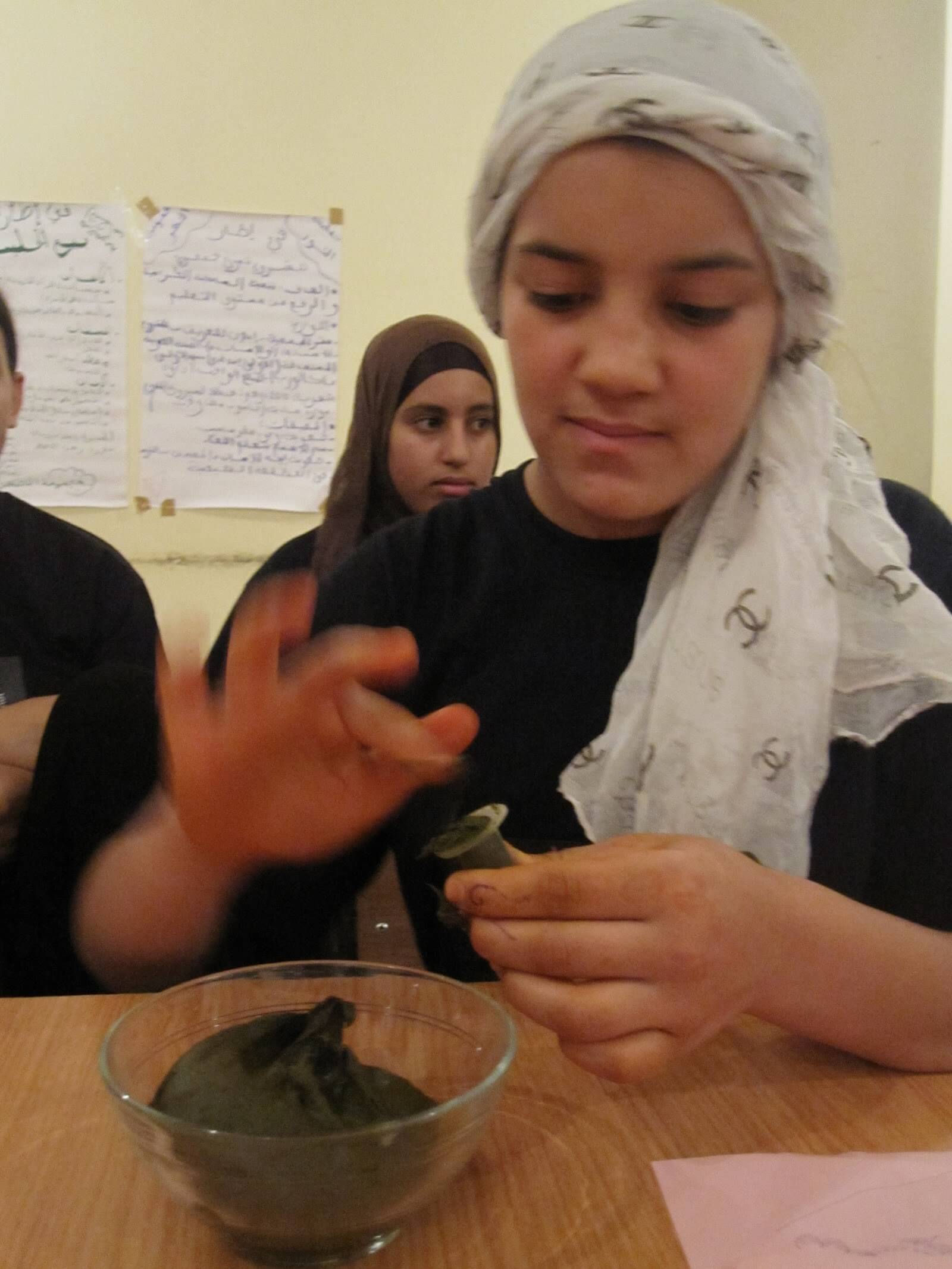
A few the girls taking the time to pose for the camera 🙂 I promise you they are much happier in person. In Moroccan culture, people here generally don’t smile in front of the camera.
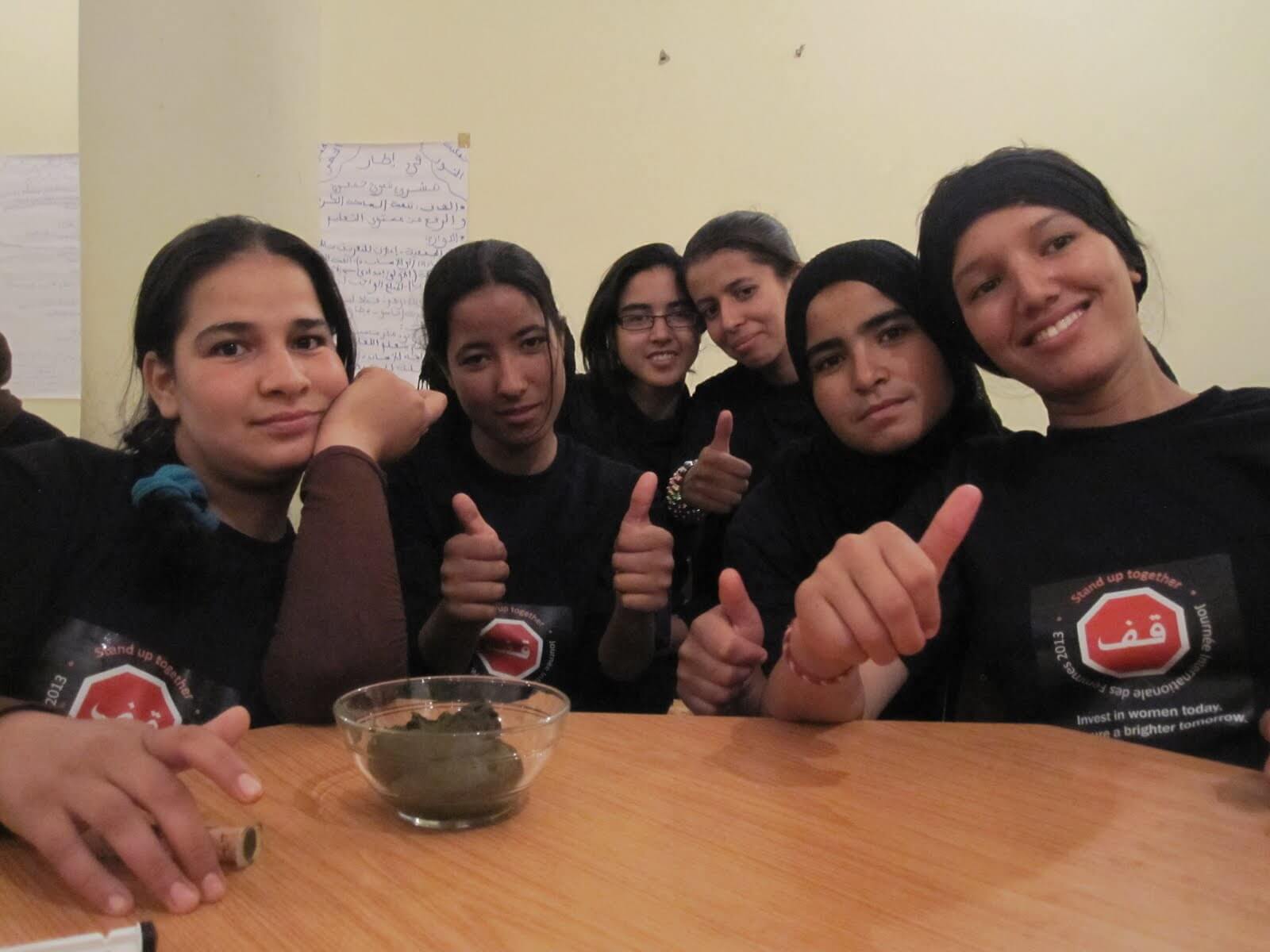
Here you can see the girls are doing a self-portrait activity where they were asked to draw a photo of how they see themselves. This was one of the self-examination/empowerment activities of the week.
The girls’ are enjoying each others’ company as they take the time to do henna.
The coordinator of the camp, who is also a great friend of mine, had some great lectures lined up for the girls’-they learned about feminine hygiene, self breast examinations and career opportunities. The morning was spent doing the serious activities while the evenings were usually reserved for fun and leisure time.





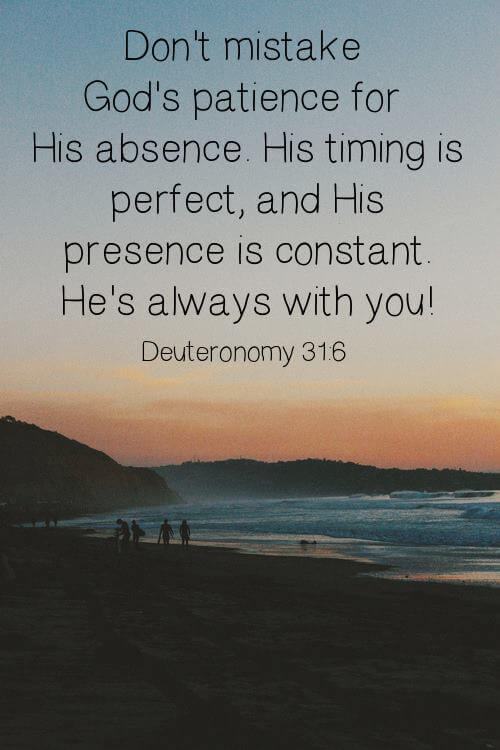
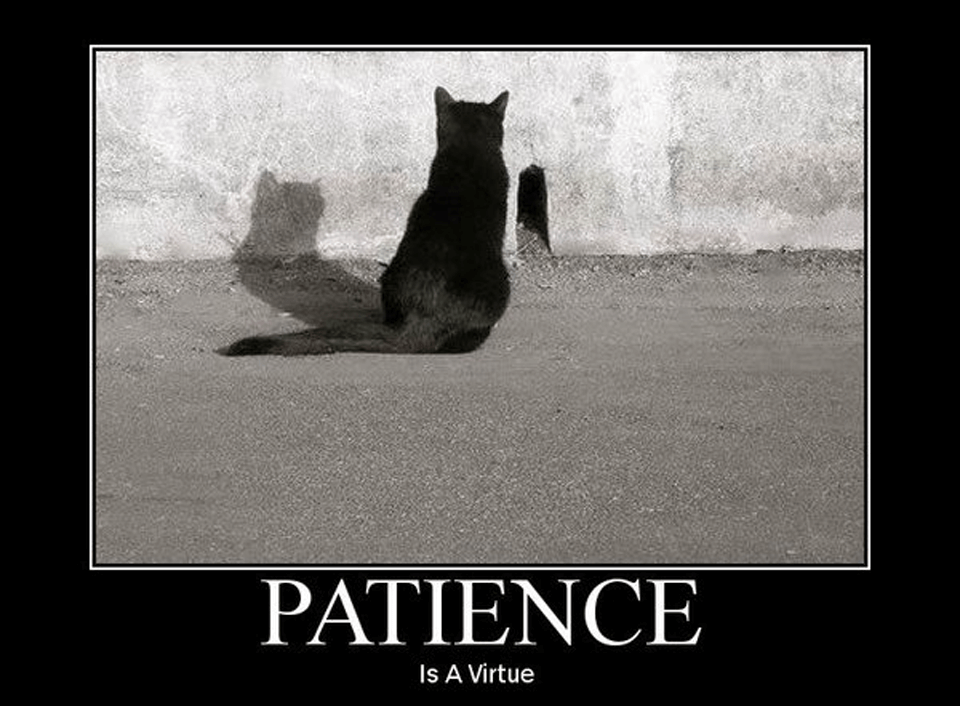




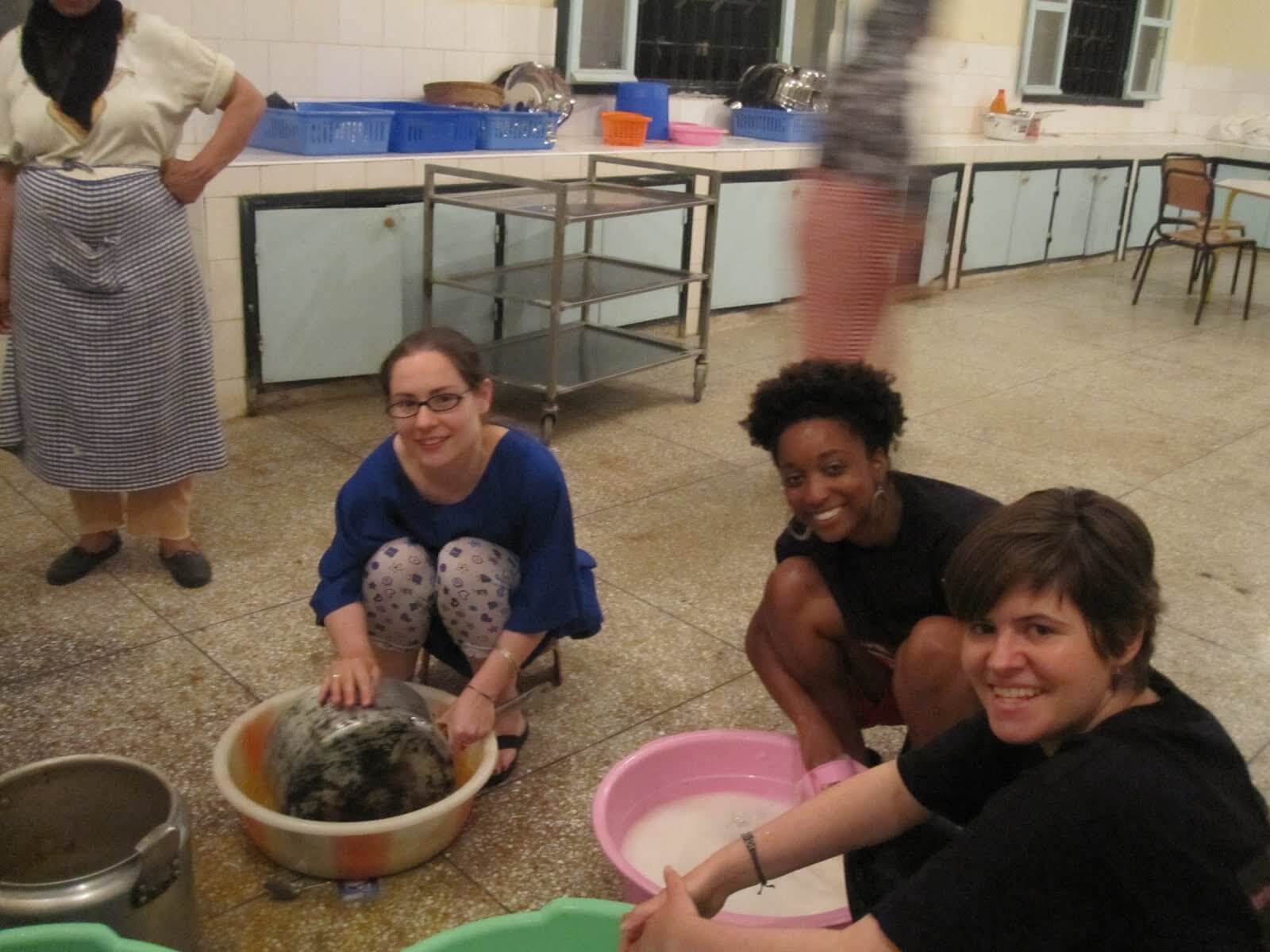
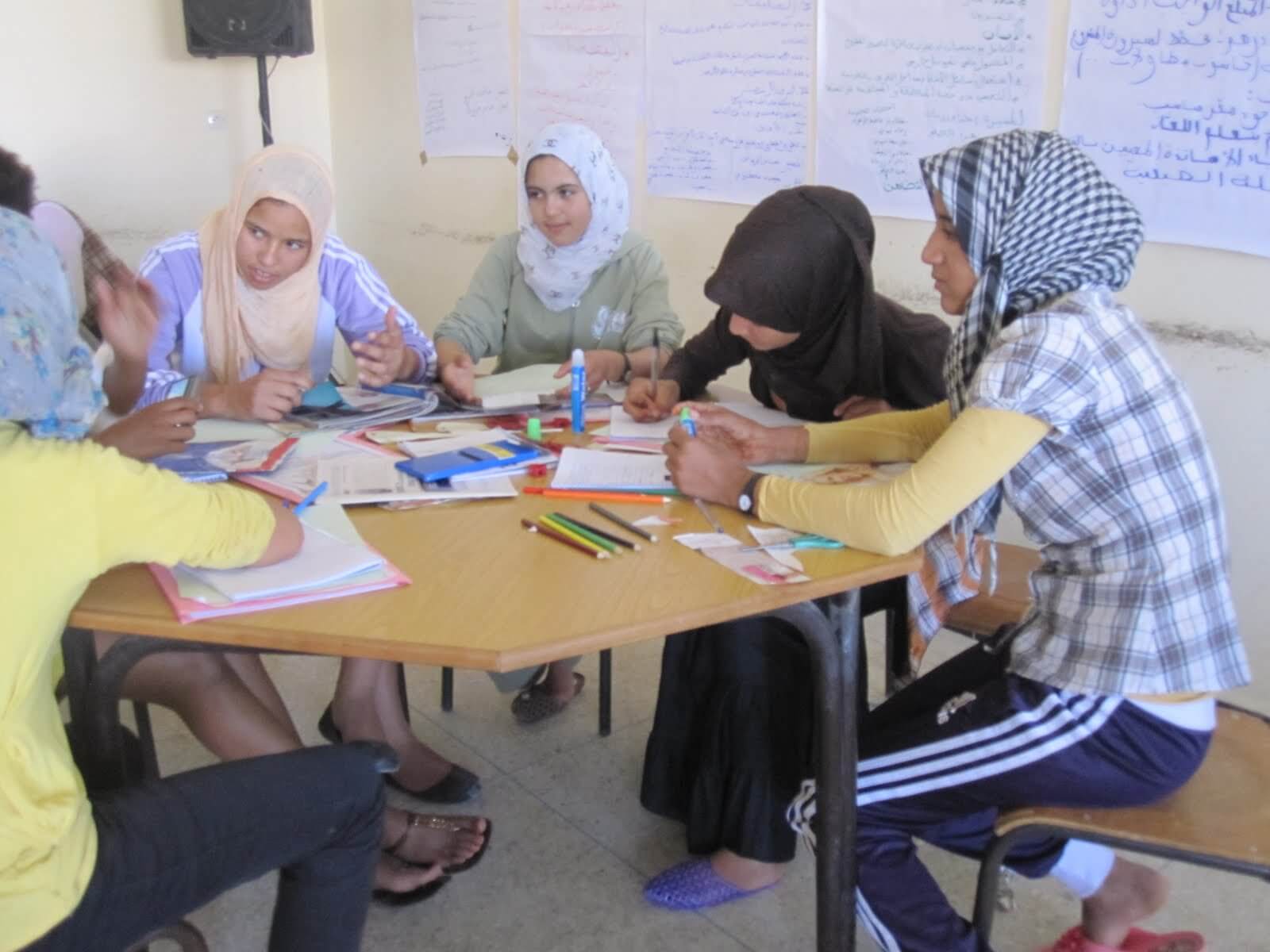
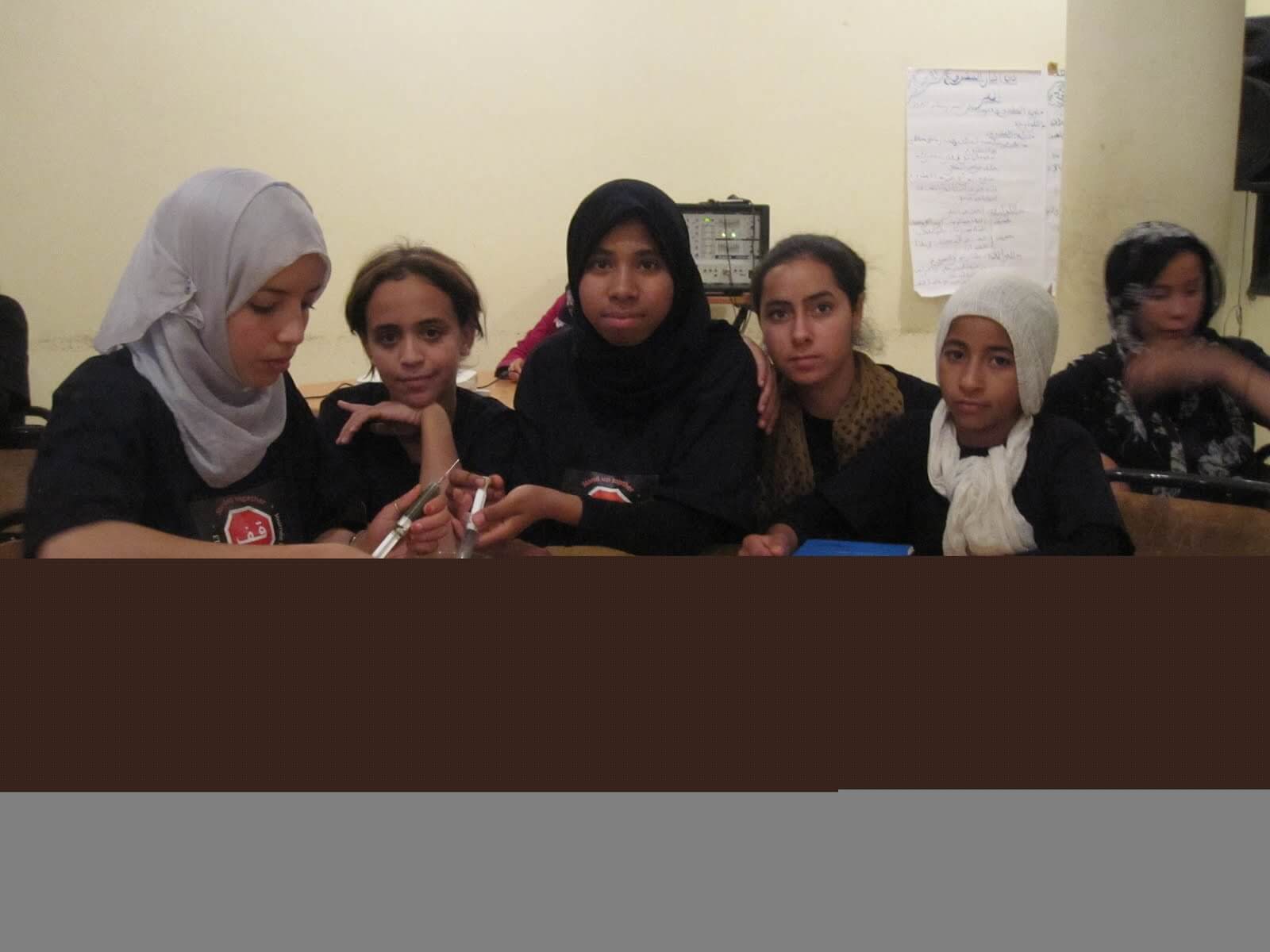
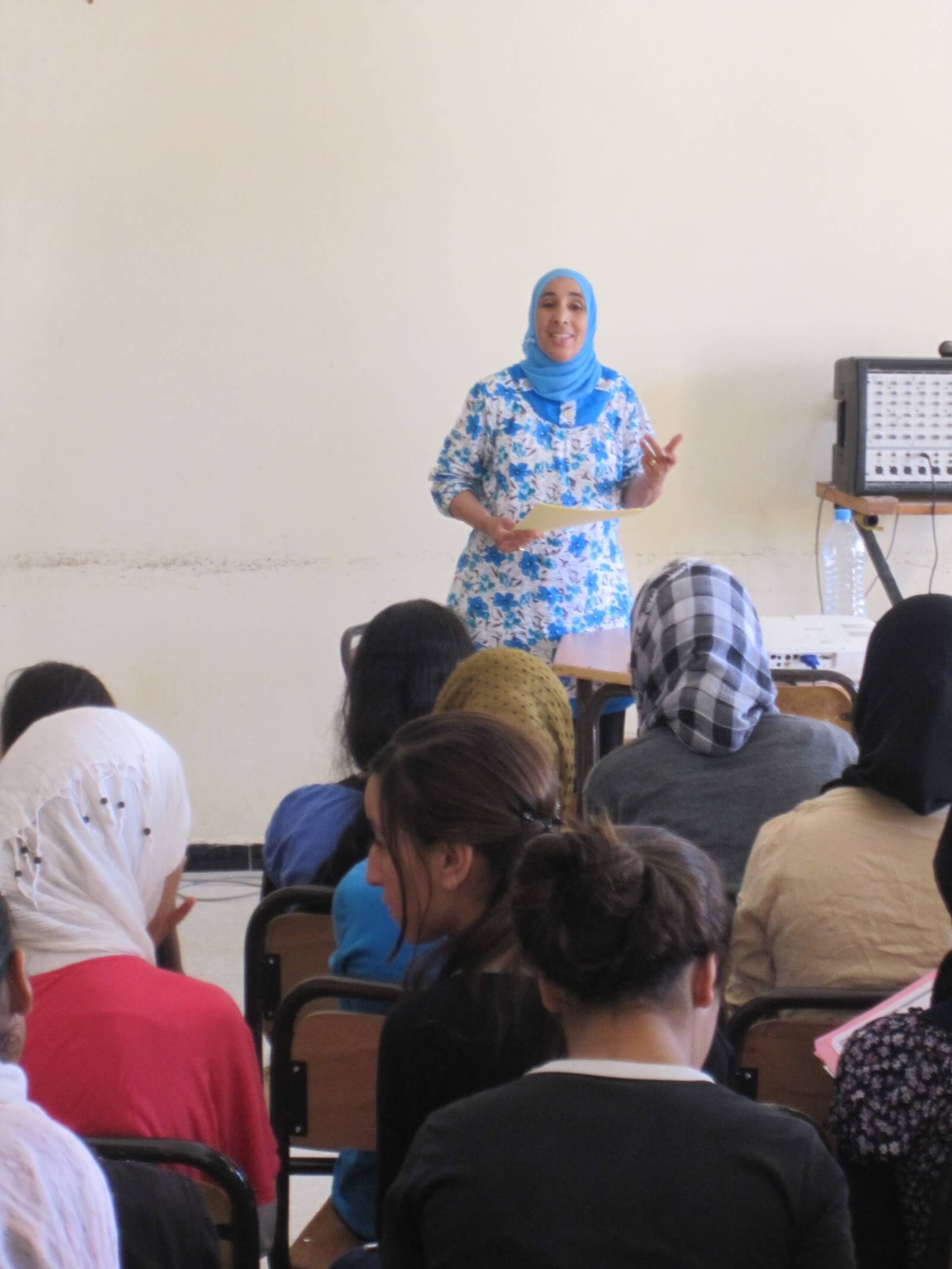














Pingback : The Top 2 Valuable Lessons I Have Learned From Morocco: “Yes,” I am a Selfish Person and “No” You Will Never Hear Me Call Africa “Developing”…. | *Jordone*
Well, to me, the nature of Morocco is all about idea’s which is meanly built on TIME and PATIENCE.
But you see these are the worst things you can ever imagine you can have or keep, because sometimes you just feel you have lost hope, faith, determination and endurance to be able to continue in the in the stroggle for life and your aims. In Morocco i was able to know that living with a Moroccian i learn them by their culture and mentality and in doing this you need TIME and PATIENCE. But to have this PATIENCE you need GOD’s intervention. The things you are most afraid of are the things that way you down so my advice is you need to stand for it, step up and you will succeed.
I believe that through Christ’s power you definitely can/will! Your experience here is in my prayers! God bless you and thanks for reading 🙂
I’m so glad you were able to grow in this experience that God has blessed you with! I hope to show as much patience when I get there.